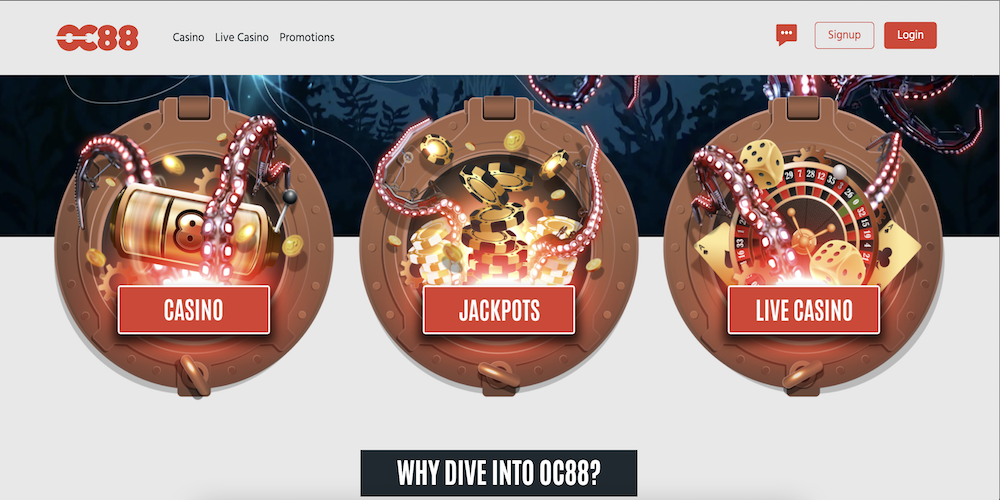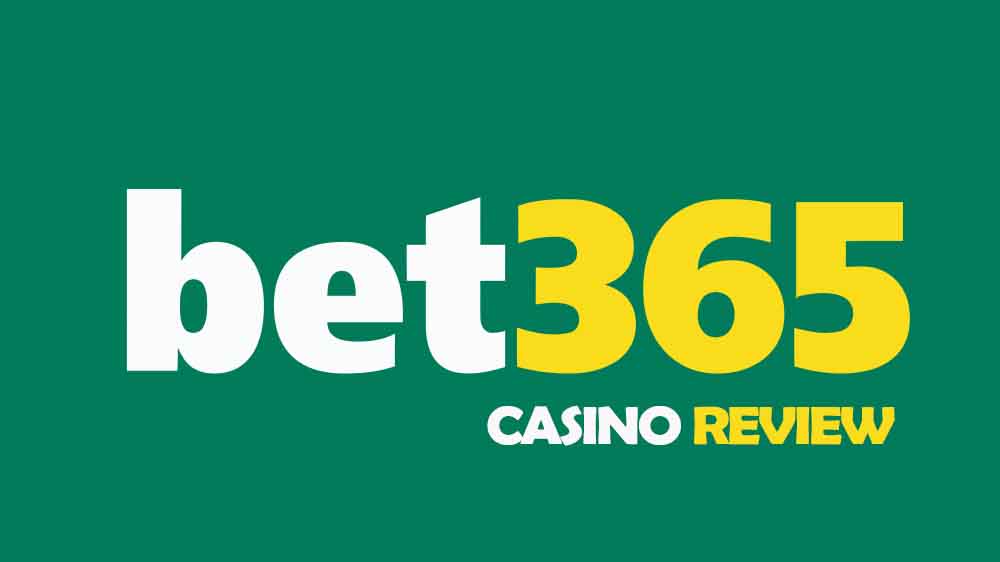The Loot Box – Harmful or Harmless?

Introduction: The Loot Box – Harmful or Harmless?
If you look at any recent news about video games, and the video gaming community, you are going to come across a lot of stories about the use of loot boxes in the actual games themselves. Depending on your point of view, loot boxes are either the end of gaming as we know it or a great form of monetization by the gaming companies. But you should bear in mind that players are not forced to play them.
The Loot Box in Video Games For Kids
One thing is certain though, and that’s that loot boxes are a form of gambling. Essentially you’re paying money upfront for a chance to win something of value. In this way, it’s actually the same as buying a lottery ticket or going to the casino and choosing a number before spinning the roulette wheel. If you are going to do that then we suggest getting yourself along to King Billy Casino as they have the largest selection of online games.
Keep in mind that the majority of players are actually children or youngsters under the age of 18. This has led many authorities to call for the banning of the use of loot boxes in video games. Nevertheless, it does remain a highly contentious issue and right now there is no right or wrong answer or any practical solution in sight.
The Monetization of Video Games

On the whole, if you come across a game that’s free, even at the best jackpot sites, then there’s going to be some type of monetization or upsell built into the game. Video games are extremely expensive and for any company to partake in and of course it’s only natural they’re looking for a profit on the considerable investment of time, money, energy, and resources taken to produce them. Also, many forms of monetization that you’ll find within video games actually don’t have any negative effect on the gameplay.
Of course, over-monetization is also prevalent within the games industry and this is going to cause a dilution in the overall quality of even the best titles. You can find loot boxes for cosmetics skins, but also you can find content that has been locked behind a paywall or pay-2-win mechanics, and the so-called cut-content DLC, which are all clear signs that the developer in question cares more about monetisation than about how the players feel.
Greedy Game Developers
There’s a fine line here between monetisation and upsetting the player. A good example of getting it wrong would be Star Wars Battlefront 2, which will have most gamers enraged whenever they see the EA symbol or hear the name of the game. At the other end of the scale, we have loot boxes for Hanzo’s original Kabuki skin in Overwatch. The main point of contention is that games are not cheap to purchase in the first place. Once a player has shelled out the cost of buying the game, they do not take kindly to having to buy all the extra parts to make the same game functional.
At least CD Projekt Red has made a promise not to chop up Cyberpunk 2020 into separate pieces and then sell it back to gamers who have already paid the full price of the game. Unfortunately, though this should be the norm, in practice, it’s far from it.
The Loot Box Controversy

What makes loot boxes so unsettling is that they combine the issue of children gambling along with the over monetization of games. To enter a real online casino you have to show documentary proof of ID that you are over 18 years of age. Even playing online, like at one of the best casinos, King Billy Casino, it’s the same story. Yet in video games, kids as young as 13 years old are able to bet on something that no casino would ever allow. To put this in perspective, some research done by Massey University looked at loot boxes for 222 console games that were released between 2016 and 2017.
Ten of these contain loot boxes and these ticked all the standard levels of the 5 standard psychological criteria for recognising gambling. Amazingly, 6 out of 10 of these games contained certification which claimed that they are suitable for all ages.
The Backlash Begins
So it’s not surprising there has been considerable backlash from certain countries against the use of loot boxes in video games. The Netherlands, China, Australia, Belgium, the UK, South Korea, and certain US states are making efforts to both regulate or ban them. The problem here is that loot boxes are incredibly lucrative for the gambling companies themselves. And the developers of these are not going to go quietly into the night. In fact, as if to show how much power these businesses possess, they are now putting other forms of gambling into video games, as a cynical money grab, before any sort of governmental banhammer falls.
The Loot Box: Profit is King
Probably the most blatant attempt at this is from the developer Rockstar Games who decided that loot boxes were just too lame and decided to put a fully functioning casino right in the middle of their GTA online game. This means that once you get tired of running around driving over people and beating up old ladies, you can steal a car and head over to the casino and play blackjack, roulette, and on the themed jackpot slots machines. And remember that the majority of GTA players are kids.
It’s the same with the esports scene. From League of Legends to CSGO (Counter-Strike: Global Offensive) betting, you’ll find plenty of examples of gambling within video games.
What’s The Solution?

It doesn’t take a genius to realise that the whole issue can be solved very easily. All it needs is a good dose of common sense. The real point is, it responsible to let children make online purchases as a given. Right now, we have video jackpot games that have enabled children to spend real money gambling. In many cases, unbeknown to their parents, these young buyers know exactly what they’re purchasing, often in the form of upgrades and other perks.
If you go to any regular store that sells goods online, you’ll find exactly the same policies in place. Their terms and conditions are specifically aimed at adults from 16 – 21 years of age, but there is a need to show one’s identity. These stores are just not aimed at kids, for the simple reason that many of them require the use of a credit card, which can only be obtained once one is of 18 years of age. Go to any online casinos to win the jackpot and it’s the same story.
Kids are prohibited from making purchases online using debit cards or credit cards. So why are they not prohibited from buying stuff that’s for sale within video games? How is it that so many games developers are able to get away with practices that would land your average online retailer in hot water?
The Game’s Developers Just Don’t Care
The backlash against loot boxes appears to have had little effect and only changed the mechanics rather than change the practices. So kids can still gamble on the loot boxes though they are more prevalent when it comes to upgrading characters. Though no video game developers claim to be sensitive to the player’s opinions, in reality, as can be seen in the unfinished nature of games like Fallout 76 and Anthem, they only show their sensitive side, when there are fewer profits to be had.
Conclusion: The Loot Box – Harmful or Harmless?
Probably the future of gambling within video games that children are able to access and play will end up in a court of law in the relevant jurisdiction. Having said that, it’s always a case that once the genie is out of the bottle it’s very hard to put back in.
Click here to visit King Billy Casino for fun-filled games!














